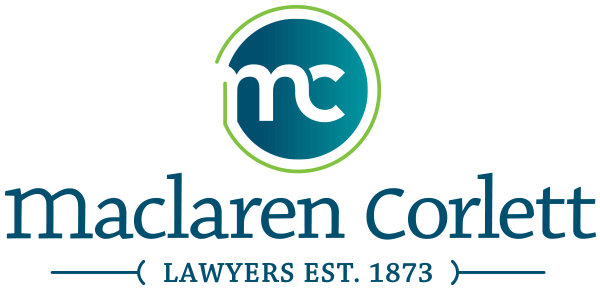Our managing partner recently wrote a blog about the disparity between the rules governing truth in advertising by advertisers, but the lack of rules governing truth in criticism of those advertisers published by third parties.
I would like to “second that emotion” as the song says (for those of old enough to remember). I recently watched a video on a NGO site vilifying advertisers who target children: specifically those who manufacture food and beverage products. While this is a very hot topic for many at the moment, I would ask that the reader put aside their judgement as to whether or not such advertising should be allowed but rather objectively consider the issue of whether or not detractors should be held to the same standards of truthful communications to the public as their targets. Currently they are not. Criticism by journalists, NGOs and other third parties can be as subjective and as inaccurate as they choose with little to no requirement to be truthful, and yet it is often these critics who get the most play on social media and in the press, resulting in unjustified influence on the general public and frequently on politicians and government regulators as well.
We always advise our clients, especially to those in the food, drug and cosmetics industries to review their advertising and promotional materials to ensure compliance with all relevant legislation and codes including ensuring that each statement is true and verifiable; that claims are not exaggerated beyond sound supportable data; and that each element of a claim must be supportable.
I am a staunch supporter of debate and discussion around any issue but equally assert that all sides must be accountable for the veracity of their claims. Unfortunately the Canadian Code of Advertising Standards, which I have blogged about previously permits the following exclusion:
Excluded from the terms “advertising” and “advertisement(s)” (as defined in this Code) are messages from an “entity” that/who has no “material connection” with the entity that makes, distributes, markets or advertises the product or service featured in the advertising or advertisement(s).
This exclusion lets critics of any particular product, service or industry skirt any requirement to be bound by the same rules of accuracy and responsibility as the object of their criticism. That doesn’t seem to be serving anyone’s best interests, particularly those who may be influenced by misinformation in significant ways that may shape their behaviour or that of our laws and regulations.
While it is true that ASC is not the only vehicle for remedies, it is the one positioned, by its very name, to uphold the standards of truth it so avidly seeks to protect. A definition of advertising that excludes communications to the public dealing with the same subject-matter as is otherwise regulated by ASC is incongruous. Shouldn’t truth and accuracy be a requirement regardless of the source?

